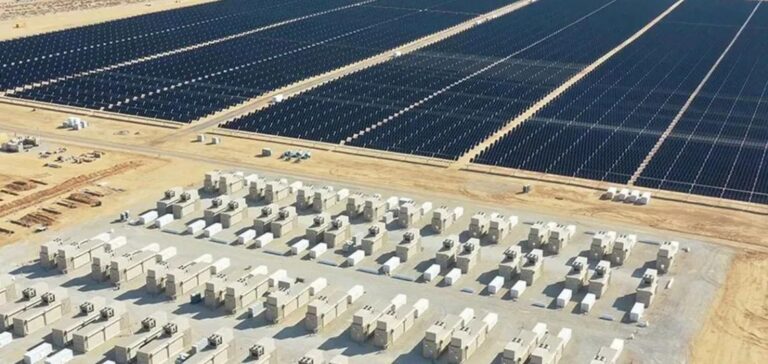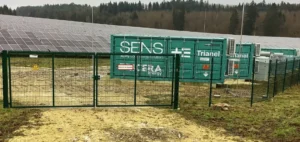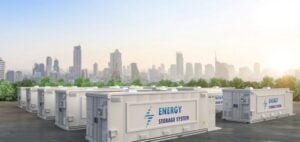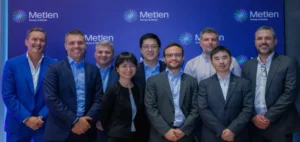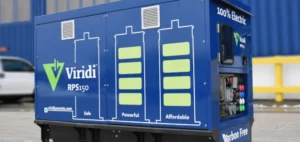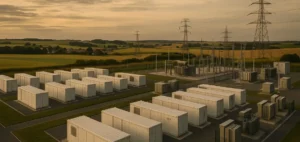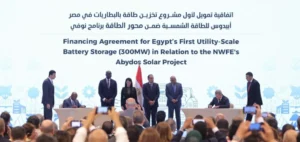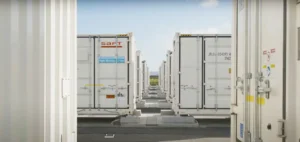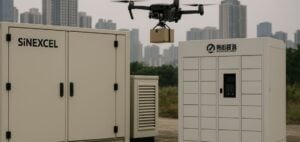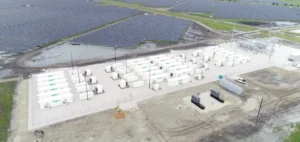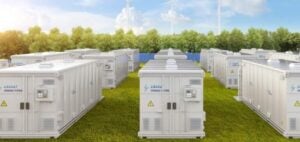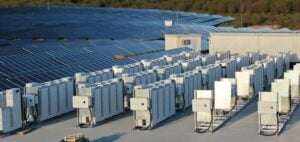As part of a global initiative, the G7 governments have highlighted the urgent need to rethink our energy storage capabilities to support the expansion of renewable energies. This need is driven by the intermittent production of solar and wind energy, which cannot cover constant energy needs. Thus, to meet consumption requirements during periods of low production, storage capacities need to be significantly increased. The capacity required by 2030 is estimated at 1,500 gigawatts (GW), of which 1,200 GW should come from batteries.
Technological advances in energy storage
The year 2023 marked a turning point with a 130% increase in the installation of new energy storage capacity over the previous year, mainly in the form of batteries. This progress is the result of decades of research and development that have reduced battery costs by over 90% in less than 15 years, making renewable energy storage systems increasingly competitive with fossil fuels.
Energy Storage Economics and Markets
The energy storage market is booming, with key players located in China, the European Union and the United States. Lower battery costs have been a catalyst for this growth, but significant challenges remain to maintain this trend. Diversifying supply chains and increasing production outside China are essential to avoid strategic and vulnerable dependence.
Impact of Critical Metals and Innovations
Dependence on critical metals such as lithium, cobalt and nickel remains a major concern. However, recent innovations in battery technologies, such as sodium-ion accumulators, promise to reduce this dependence. These new technologies could not only minimize the environmental impact of metal extraction, but also lower costs and increase the safety of the materials used. In India, the solar photovoltaic-battery combination is now competitive with new coal-fired power plants. In a few short years, this will be the case in China and against gas-fired power plants in the USA, according to Fatih Birol, Director of the IEA.
Alternative and Complementary Solutions
In addition to batteries, several other energy storage solutions are being explored for their potential to offer flexibility to the power grid. Pumped-storage systems associated with hydroelectric dams and electricity-to-hydrogen technologies are examples of solutions that can complement battery storage. Although more costly and complex to implement, these technologies offer promising prospects for long-term energy storage.
Network flexibility and demand management measures
To effectively integrate increased storage capacities, it is crucial to improve the flexibility of the power grid. Demand management measures, such as variable tariffs and cross-border interconnections, are essential for optimizing renewable energy consumption. These strategies not only reduce costs for consumers, but also stabilize the grid during fluctuations in energy production.
The ambition to triple the share of renewable energies by 2030 poses substantial challenges, but also significant opportunities. Government and industry initiatives will need to be supported by appropriate policies and increased international cooperation to achieve energy storage and efficiency objectives.

